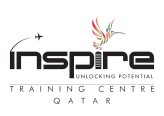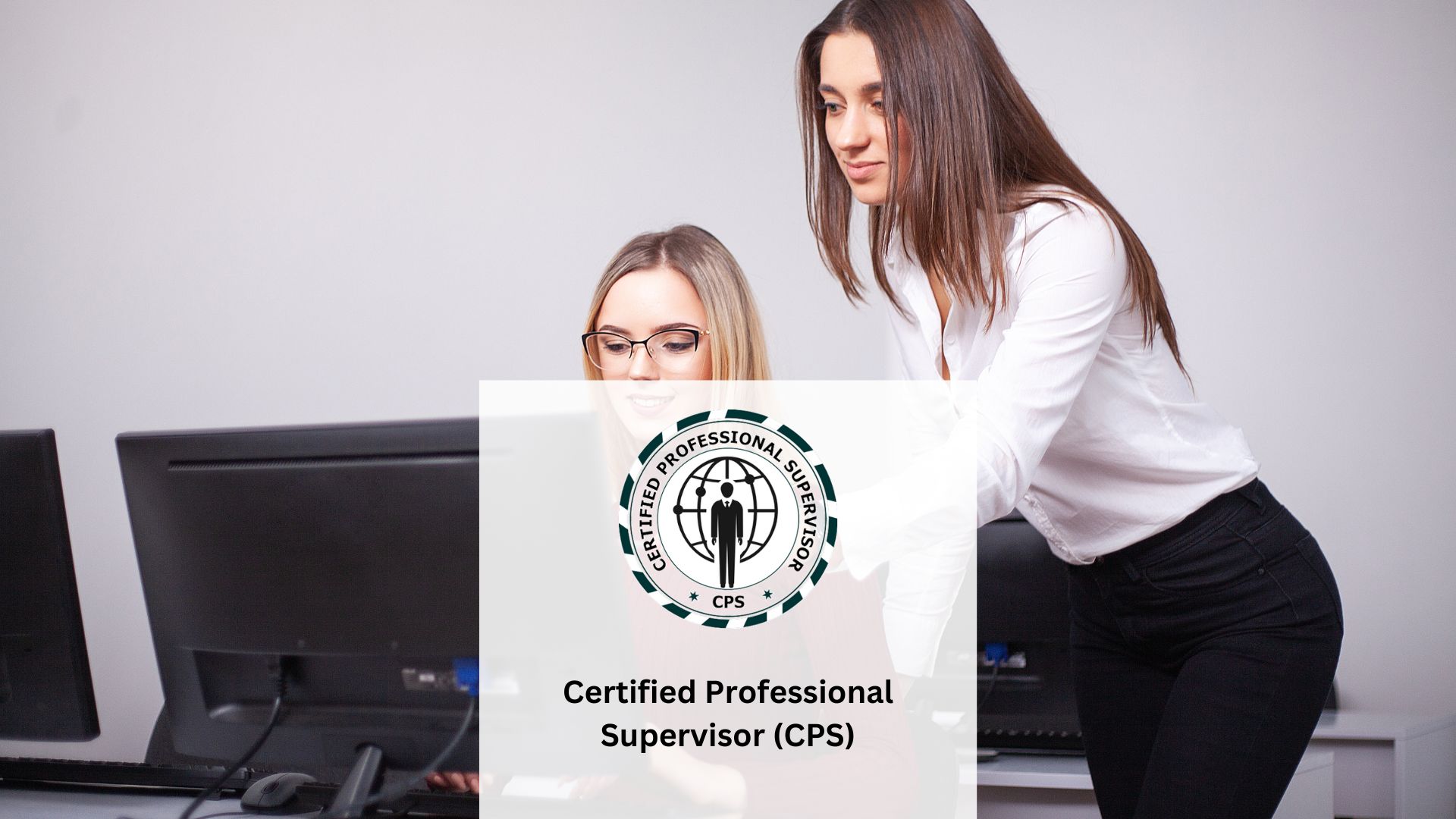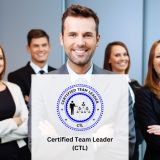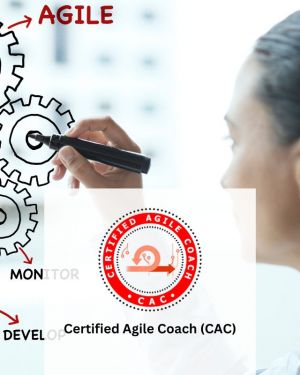Supervisors represent a vital link between employees and management, holding the power to shape productivity and team performance. In today’s evolving workplace, many new supervisors face uncertainty about their roles and responsibilities, often without prior experience in planning, leading, and managing through others.
The Certified Professional Supervisor (CPS)® program is designed to prepare both new and existing supervisors with the tools and techniques required to manage people effectively. It focuses on practical skills, such as delegation, coaching, leadership, conflict management, and communication, ensuring supervisors can lead with confidence and efficiency.
Delegation, one of the most valuable yet challenging managerial skills, is explored in detail, empowering participants to reduce workload, develop team members’ skills, and prepare for career advancement. The program also emphasizes coaching, role modeling, and leadership strategies that enhance employee engagement, motivation, and organizational success.
By the end of this course, participants will be equipped to:
-
Transition effectively into supervisory roles.
-
Apply leadership and communication strategies for team success.
-
Manage conflict and handle difficult employees.
-
Delegate effectively to build team capacity.
-
Coach and mentor employees to achieve workplace goals.
-
Develop the skills necessary to advance their own careers.
Course Outline
Module 1 – Foundation
-
Pre-assignment review
-
Making the transition
-
Responsibilities of a supervisor
-
Setting goals
-
Planning for success
-
Listening skills
-
Asking questions
-
Giving feedback
-
Asking for what you want
-
Giving instructions
-
Orders, requests, and suggestions
-
Managing conflict
-
Dealing with difficult employees
-
Dealing with others
-
The reciprocal quality of relationships
Module 2 – Supervisor Professional
-
Adjusting to your role
-
A supervisor’s responsibilities
-
Making plans
-
Setting goals
-
Leadership & Situational Leadership model
-
Problem employees
-
Synergy & trust
-
Team development
-
Communication skills & process
-
Motivation
-
Orientation & training
-
Providing feedback
-
Delegation
-
Dealing with conflict & discipline
Module 3 – Performance Management
-
The shared management model
-
Setting goals
-
Phase I: Preparation
-
Phase II: Activation
-
Phase III: Ongoing and Formal Evaluation
Module 4 – Delegation
-
Why delegate? What is delegation?
-
Pre-assignment review
-
Picking the right person
-
The delegation meeting
-
Giving instructions
-
Monitoring delegation
-
Practicing delegation
-
Giving feedback
-
Becoming a good delegator
Module 5 – Coaching
-
Defining coaching & two schools of coaching
-
Five critical coaching skills
-
Communication skills & non-verbal communication
-
Johari Windows
-
Learning styles and principles
-
Feedback methods
-
Benefits/consequences approach
-
Dealing with problem employees
-
When not to coach
Module 6 – Leadership Skills for Supervisors
-
Managing your time and energy
-
What makes a good leader?
-
Communication as a leadership tool
-
The commitment curve
-
Employee development models
-
Dealing with conflict and difficult issues
-
What successful leaders do
Module 7 – Conference and Event Management
-
Event planning essentials
-
Budgeting basics and managing contracts
-
Using the committee approach
-
Connecting with partners and sponsors
-
Advertising and marketing
-
Selecting the venue
-
Feeding the masses & business etiquette
-
Celebrating diversity
-
Selecting speakers & master of ceremonies
-
Adding the finishing touches
-
Event day roles
-
Closing the event and gathering feedback
Target Audience
-
New supervisors preparing for leadership roles
-
Experienced supervisors seeking professional certification
-
Team leaders, project managers, or unit coordinators in any field
Exam Information
-
Duration: 1 Hour 30 Minutes (90 Minutes)
-
Pattern: 100 Multiple Choice Questions (Pass mark: 80% – 80 correct answers)
-
Format: Online, non-proctored; can be taken anytime within 8 months
-
Attempts: Voucher valid for 2 attempts (re-purchase required after 2 failures)
-
Certification Validity: Lifetime
Accreditation: GAQM (Global Association for Quality Management)








